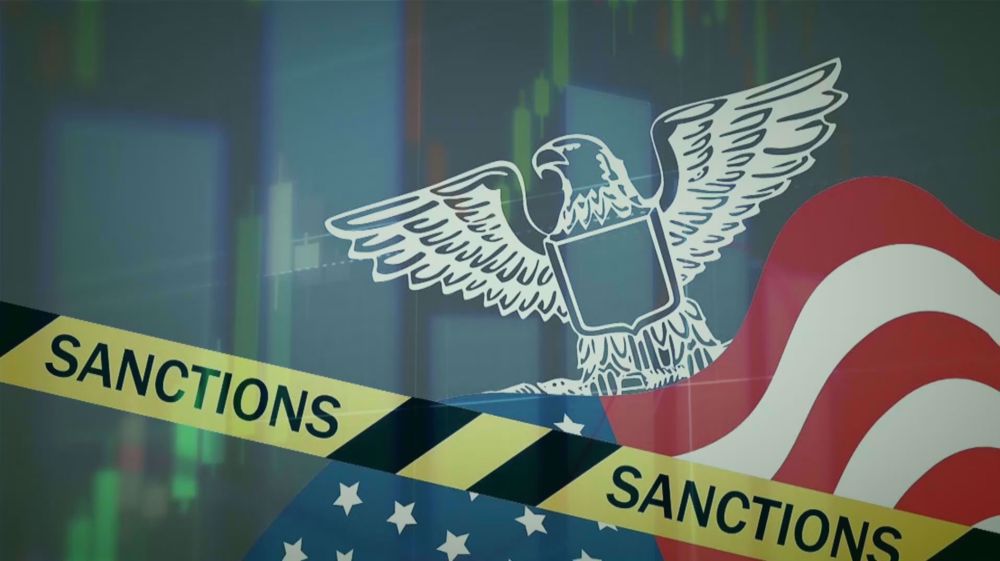Robots: One reason for mass unemployment
Since the early 60s when businesses began using computers to meet the needs of a fast-changing world, concerns have been growing about the future of jobs.
While machines could do repetitive tasks tirelessly and round the clock, they lacked the ability to make decisions. Back then, computer-based systems could only follow the instructions based on pre-designed algorithms and lines of codes. However, the emergence of artificial intelligence changed that trend. A new era of automation began to evolve in the face of a competitive global economy. Artificial Intelligence scientists started to develop machines that could learn and even improve themselves. Such technological innovations have largely helped businesses to boom. In the meantime, the advancements set the stage for more layoffs in various industries as intelligent machines could take the place of even more educated skilled workers.
The McKinsey Global Institute which has been conducting research on automation technologies and their potential effect has found that about half of today’s work activities could be automated by 20-55. Researchers at the institute counted more than 70 entire professions in which at least 90% of activities can be automated. An opinion poll by the institute also shows about fifty-eight percent of C-E-Os plan to cut jobs over the next five years because of robotics. Automation tends to replace less-educated workers performing routine tasks while it creates new demand for more-educated workers performing more complex analysis or engaging in social interactions and communication.
Many experts are openly predicting the demise of humankind from advancements in automation and artificial intelligence. Elon Musk, the head of American automaker Tesla and technology entrepreneur is among them. Back in 2014, he warned about the developments in the field of artificial intelligence, declaring it QUOTE- the most serious threat to the survival of the human race. He called for more regulatory oversight in the field. And in July of this year, he appeared even more concerned about the A-I at the National Governors Association.
While Musk and Zuckerberg are at loggerheads over possible threats posed from advancements in the field of artificial intelligence, they agree on ways to deal with the issue of unemployment caused by progress in automation. They have been promoting the idea of universal basic income, or U-B-I.
VIDEO | Yemeni forces repel US-British attack, down F-18 Jet
Iran’s capabilities vast; enemy’s ‘maximum pressure’ policies all failed miserably: Senior official
Iran’s economy grew 2.7% y/y in Sep quarter: CBI
VIDEO | Freelancers in Gaza strive to stay online amid genocide
Mikati demands Israel's withdrawal from south Lebanon
Yemeni army strikes Israeli military sites with drones
‘Clock ticking’: UNRWA slams unjustifiable killing of children in Gaza
BP to be sued in Britain for supplying oil to Israel









 This makes it easy to access the Press TV website
This makes it easy to access the Press TV website